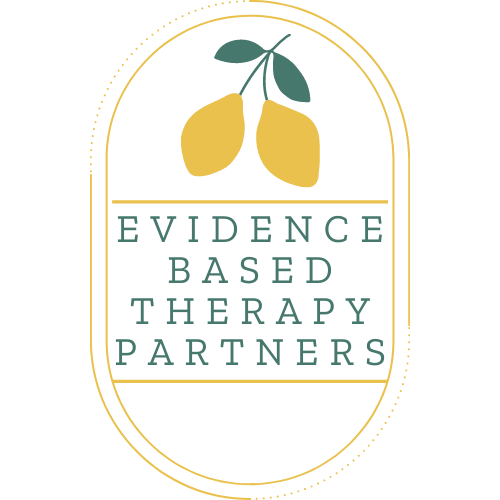
“The quality of your life ultimately depends on the quality of your relationships . . . which are basically a reflection of your sense of decency, your ability to think of others, your generosity.”
—Ester Perel
Marital & Relationship Problems
We are never more emotional than when our primary relationship is threatened. We all want to feel accepted, loved, valued, and seen accurately—especially by the people we are most dependent on. But sometimes, we feel misunderstood, unimportant, like nothing we do is ever right, or we can't count on our partner. When this happens, we often react with strong emotions and respond in ways that only make us feel further from each other.
Conflict and disconnection can arise in new or seasoned relationships. Contrary to common myths about relationships, "good" people and loving partners can find themselves caught in a cycle of conflict, hurt and isolation.
Relationship Cycles:
Couple’s Distress Commonly Settles Into One of Three Patterns
-
Pursue-Withdraw
One partner is demanding of their partner, protesting the disconnection between them, while the other withdraws, feeling criticized and like a failure
-
Reactive Pursue-Withdraw
The pursuing partner gives up and grieves the lack of connection. When there is only a sliver of connection left, the withdrawn partner becomes aware of the distance, but is frozen in withdrawal and uncertain how to reach for their partner.
-
Attack-Attack
Both partners react to hurt or vulnerability by attacking and blaming each other in order to protect themselves
Relationships, deeply important to psychological flourishing, are often impacted by mental health difficulties.
People with BPD features are deeply sensitive to the validation and invalidation of others. They may anxiously expect rejection and engage in frantic efforts to prevent abandonment. They may also experience sudden shifts in how they view others, such as being unable to find anything good about someone following a hurt.
In OCD and other anxiety disorders, people may feel pulled to compulsively seek reassurance, whether about the relationship itself or the safety of a situation. Reassurance seeking can deplete emotional resources in a relationship, draining the energy of the reassuring partner and contributing to negative experiences of frustration and resentment.
Many people with PTSD feel disconnected from close others and feel an inability to feel warm, loving feelings. They may isolate themselves from others, to protect themselves from further blame, rejection or harm. Trauma often leads to traumatic beliefs that interfere with trust and effective interpersonal interactions. For example, people recovering from trauma may give and take power in negative ways, or experience impairments with self-intimacy that result in over-dependence on others.
Depression is often prompted by a thwarted social role, such as the loss of a relationship or a child moving out of the home. Research has demonstrated that depression can lead to a double isolation: the depressed person may initially withdraw from others, and after some time, others may withdraw from the depressed person. Depression can involve the exquisite pain of perceiving that we are a burden to others, which interferes with engaging in social experiences that may provide the opportunity for positive feedback.
Therapists on staff at Evidence Based Therapy Partners are experienced in supporting patients through challenges that arise within relationships.
For more information about treatment for relationship problems
or to schedule an appointment, please don’t hesitate to reach out.
“Happiness is a byproduct of function, purpose, and conflict; those who seek happiness for itself seek victory without war.”
—William S. Burroughs

